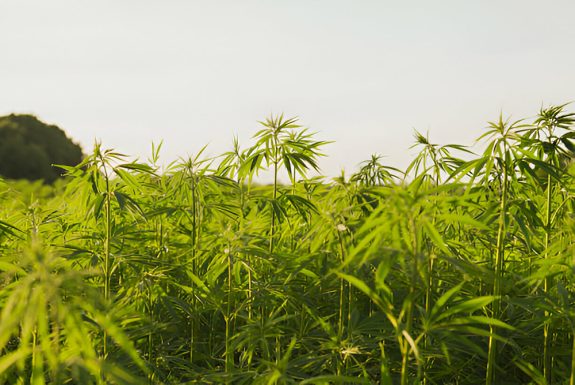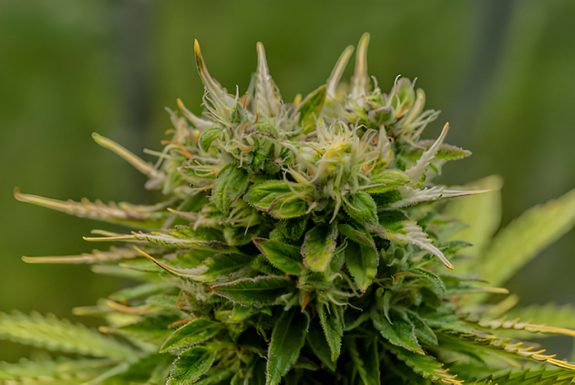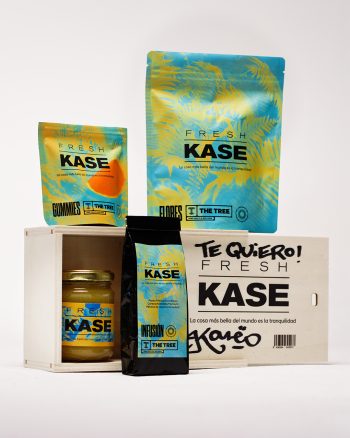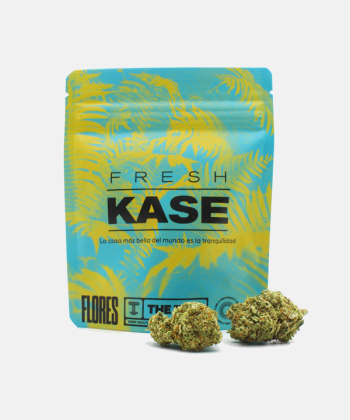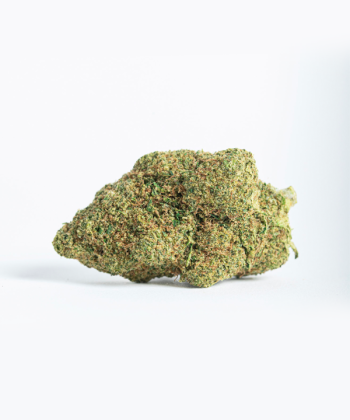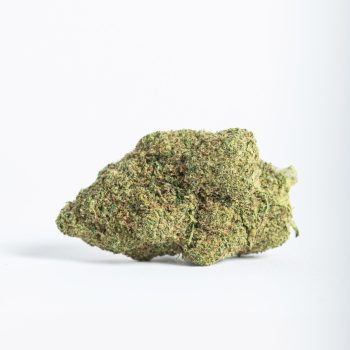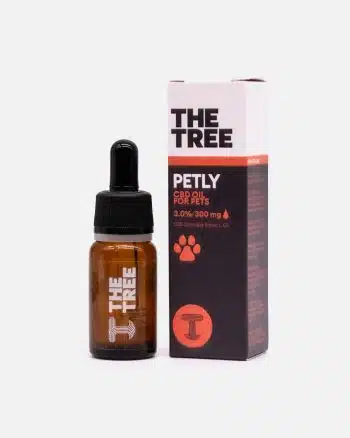Just three years ago, during lockdown, getting CBD became rather complicated. Shipments took longer to arrive and physical CBD shops were forced to close due to restrictions imposed by the authorities to prevent the spread of COVID.
Tobacco shops, however, are establishments that were regarded as essential, which is why they remained open. CBD created an opportunity for these types of establishments, and it became common to see cannabis flowers and products related to this cannabinoid in their shop windows.
Almost before we knew it, tobacco shops were suddenly selling CBD flowers and CBD resins, along with some other similar products. But can tobacco shops sell these types of CBD products?
The answer to this question is somewhat more complex than it may seem at first glance. CBD is a compound found in the cannabis plant that doesn’t have psychotropic properties, so it’s not considered an illegal drug. That said, CBD legislation varies from country to country, so in some places it may be legal to sell it in tobacco shops and in others it may not.
In addition, there may also be restrictions on how CBD can be sold, such as it only being allowed to be sold in specialised shops. It’s therefore important to be informed of the specific regulations in your country before buying CBD. Let’s look at Spain in particular.
 Tobacco shops: a state monopoly
Tobacco shops: a state monopoly
Tobacco shops and tobacco distribution in Spain are a state monopoly. These aren’t our words, but what is stated in Royal Decree 1199/1999 of 9 July, which implements Law 13/1998 of 4 May. This regulates the tobacco market, establishing its operation and the regulations to be followed by tobacconists and stamp retailers, which are also known as tobacco shops.
Article 23 of this Royal Decree states that: “The retail sale of tobacco products on national territory, with the exception of the Canary Islands, is a state monopoly.” Furthermore, Article 24 specifies that “tobacco and stamp retailers are concessionaires of the state”.
Therefore, not only do tobacco shops have a law regulating them, but they are also establishments directly related to the state, and their “licence” directly depends on it. Consequently, it can withdraw this licence at any time if it believes that the holder is acting improperly.
But does this Royal Decree say anything about CBD?
This document was published in the Official State Gazette (BOE) in 1999, so it was published long before the growth in popularity of CBD. Therefore, this cannabinoid isn’t mentioned at any point in the Royal Decree.
However, Article 31 of the same law states that in addition to tobacco and stamped goods (stamps), tobacco shops may freely sell “smoking, book-related, and stationery items”.
In addition, it also specifies that they may sell other types of products “without any requirements other than the submission of a liability statement to the Tobacco Market Commission”.
However, this may lead to “verification, control, and inspection by this body that at any time may decide on grounds of ineffectiveness, after carrying out the appropriate checks, that this marketing affects the proper preservation and marketing of tobacco and state stamps or the safety of users”.
We can therefore easily deduce from this that tobacco shops that decide to sell CBD may face some complications, even though this cannabinoid isn’t mentioned in this Royal Decree.
To attempt to clarify the uncertain situation in which these establishments found themselves, the Tobacco Market Commission itself issued a circular on this matter in November 2020.
 What does the Tobacco Market Commission say about the sale of CBD?
What does the Tobacco Market Commission say about the sale of CBD?
The Tobacco Market Commission’s Circular 3/2020 of 27 November on the marketing of cannabis products in tobacco and stamp retailers consists essentially of three points, taking up just one and a half pages.
On the first page, it says that it’s compulsory to submit “a liability statement specifying which products are to be sold”. Furthermore, it states that “the Commission may decide to render such a liability statement ineffective if the products affect the proper preservation and marketing of tobacco and stamps or the safety of users”.
Secondly, it states under what conditions certain cannabis derivatives can be sold. As the sale of flowers and resins for inhalation (smoking) isn’t legal, the fact that they can be sold in a tobacco shop may lead to confusion.
Lastly, in the third and final point of this circular, tobacco shops are warned that they aren’t allowed to sell cannabis products. In conclusion, it states that “any breach of this prohibition may give rise to administrative or even criminal liability to be imposed by the competent authorities in each case”.
So, can tobacco shops sell CBD or not?
Therefore, as explained above, tobacco shops aren’t allowed to sell cannabis. This doesn’t mean, however, that they can’t sell CBD. There are many products with this cannabinoid that aren’t flowers or resins, and which can be freely marketed by tobacco shops, such as vape devices, e-liquids, or cosmetics, among others.
In addition, some tobacco shops continue to sell flowers and resins as decorative or aromatic items. In most cases, these products are certified in other EU countries, so they’re perfectly legal in Spain.
Nevertheless, as the liability statement to the Tobacco Market Commission is still required, they pose the risk of it being declared invalid by said body. Even so, many tobacco shops are opting to sell flowers and resins, duly labelled and certified in other EU member states.
They believe that it’s unfair to be in a situation where a state body is able to determine the validity of these products, which are perfectly legal. In other words, they don’t approve of other types of establishments being able to sell it freely while they are subject to review by the Tobacco Market Commission.
What do you think about this? Should tobacco shops be able to sell flowers and resins freely like other types of establishments? Let us know what you think in the comments.

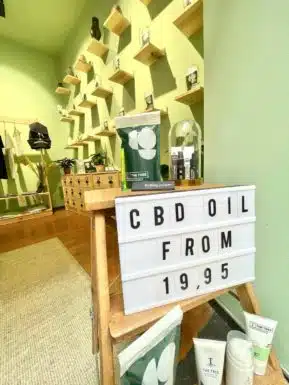 Tobacco shops: a state monopoly
Tobacco shops: a state monopoly What does the Tobacco Market Commission say about the sale of CBD?
What does the Tobacco Market Commission say about the sale of CBD?